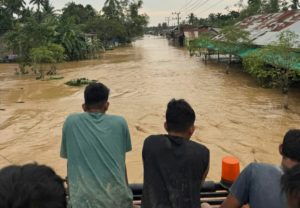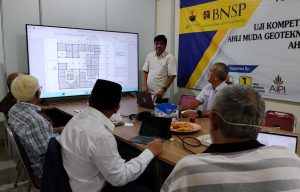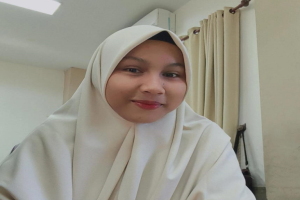Jakarta, MINA – The Head of Social Statistics Subdirectorate of Central Bureau of Statistics (BPS) Ahmad Avenzora said cigarette is a second commodity that has a big effect on the poverty number. The effect of cigarette on poverty rate reaches 10.70 percent in rural areas.
“Cigarettes are consumed so much that they are included in commodities in measuring poverty, which positions always occupy the second position after rice as the main staple foods,” Ahmad said at the launch of the research results of the Center for Social Assurance Studies of the University of Indonesia in Jakarta on Monday.
Ahmad said in September 2017, rice affects the poverty number of 18.8 percent in urban areas and 24.52 percent in rural areas. Meanwhile, cigarette commodity was on the second after rice with contribution of 9.98 percent in urban areas and 10.70 percent in rural areas.
In March 2017, as ,many as 19.63 percent of the poor were smokers. According to data from the National Socioeconomic Survey (Susenas) 2017, the percentage of population who were smoking in rural areas is higher than people in urban areas.
Also Read: UAR Deploys 14 Volunteers to Aceh for Search, Rescue and Humanitarian Response
Why are cigarettes included in the commodities set by BPS in measuring poverty? Ahmad said that because the consumption of cigarettes in Indonesia is quite high.
“BPS used a mainstream methodology that is widely used in developing countries to measure poverty, the concept of basic needs, which measures the commodities which were consumed,” he said.
In Indonesia, there are 52 basic commodities. Poverty is seen as an economic inability to meet the basic needs of food and not food as measured by the poverty line.
Ahmad became one of the speakers in the launching of the research “Smoking Behavior of Parents and Its Impact on ‘Stunting’ and Poverty Trap” held by Social Security Assessment Center, School of Strategic and Global Studies, University of Indonesia and National Committee for Tobacco Control.
Also Read: BNPB Deploys Aircraft to Deliver Emergency Aid to Flood-Hit Areas in Aceh
In addition, other speaker is the Head of Department of Economics Faculty of Economics and Business Universitas Indonesia Teguh Dartanto, Chairman of Task Force of Teens of Indonesian Pediatricians (IDAI) dr Bernie Endyarni Medise, SpA (K) and professor of Public Health Faculty University of Indonesia Prof. Hasbullah Thabrany. (LP/P2/R04/RS5)
Mi’raj News Agency (MINA)
Also Read: MER-C Medan Deploys Medical Team to Support Flood Victims in Sumatra



























 Mina Indonesia
Mina Indonesia Mina Arabic
Mina Arabic